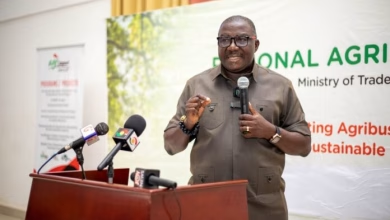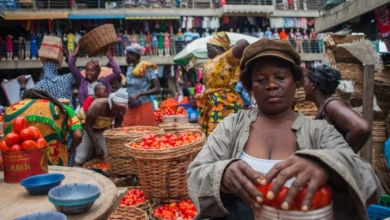Business
Benso Oil Palm Plantation Shows Mixed Results In 2023

- BOPP revenue up 13% year-over-year
- BOPP retained prestigious sustainability certifications
- They also see opportunities for future growth
The Benso Oil Palm Plantation (BOPP) PLC faced challenges in 2023 despite strong revenue growth.
While they achieved a 13% increase in sales volume, their overall profit after tax fell significantly compared to 2022.
Here’s a breakdown of their performance:
- Revenue: Up 13% year-over-year driven by higher sales volume.
- Profit: Down 35.5% year-over-year due to rising costs in labor, materials, and production overheads. Despite this, they maintained profitability.
- Palm Fruit Processing: Increased by 16% year-over-year due to improved agronomic practices and favorable weather.
- Social Responsibility: Invested GH¢2.2 million in corporate social responsibility initiatives, focusing on education, health, infrastructure, and economic empowerment.
- Sustainability: Retained prestigious sustainability certifications and ranked 9th in the Ghana Club 100 awards.
- Outgrower Program: Partnered with the Outgrower Value Chain Fund (OVCF) to develop similar projects for over 2,000 farmers in the next three years.
- Dividend: Paid out a total dividend of GH¢2.3319 per share for the year 2023.
Challenges:
- Decline in global Crude Palm Oil (CPO) and Palm Kernel Oil (PKO) prices.
- Rising costs across various areas including labor, materials, and production overheads.
- Industry-wide increase in the cost of Outside Purchased Fruit (OPF) material.
Opportunities:
- Significant gap between local palm oil production and national consumption in Ghana, creating a guaranteed market.
- Potential for expansion of operations through partnerships like the one with OVCF.
Overall, BOPP navigated a challenging year with a focus on operational efficiency and social responsibility. While profits dipped, they remain a profitable company with a strong commitment to sustainability and community development. They also see opportunities for future growth by addressing the national palm oil production deficit.






